About this programme
This course consists of four webinars, each examining a theme of planning, teaching, learning and assessment. Attendees are required to participate in discussions, share examples of practice and will receive a certificate of completion from Education Scotland for completing this.
Participants are required to be digitally literate and confident in applying digital technology in their class. Ideally, but not essentially, having achieved Microsoft Expert, Google Educator level 2 or complete Apple Portfolio.
Sign up for next term’s programme with this link – go to EventBrite page

Programme rationale
This programme focuses on what is ‘effective use of digital technology’ and how this can enhance learnign and teaching, instead of focusing on the wide range of novel digital technologies available to teachers.
This is because teachers in Scotland are required to have an enhanced and critically informed understanding of digital technologies to support learning and the skills and competencies that comprise teacher digital literacy and know how to embed digital technologies to enhance teaching and learning; as well as being able to consistently demonstrate the enhanced skills and abilities working both individually and collaboratively to ensure that every learner has access to and are enabled to select from well-chosen/designed resources including digital technologies. – GTCS (2021)
What can I expect?
This programme has been designed using Rosenshine’s principles of instructional design: smaller steps, revisiting prior learning, models of success and questions to check understanding.
Each webinar is underpinned by research and focused on one of the four themes of planning, teaching, learnign and assessment. Participants will be asked to share their thoughts on the theme and then the presenters will offer ideas and a model to scaffold participants’ understanding. The webinar will finish with a ‘call to action’ for participants to identify an idea form the webinar that they will test in their practice.
Preparing
Planning and resourcing
Delivering
Assessment & feed-forward
What do I need to do or know?
Participants are required to take an active role in sharing their current practice, as well as their own personal successes and failures. The aim being that we build a community of support and guidance, helping everyone involved reflect upon where they are now, where they need to be, and how they will get there. It would be expected that some practitioner enquiry take place as evidence of the professional development you have undertaken with us.
The programme meets the GTCS Standard for Career-Long Professional Learning 2.1.1, 2.1.3 and 3.2.1.
Participants should ensure they have an understanding of these documents before attending, as they will be referenced throughout.
GTCS Standard for Career-Long Professional Learning
Technologies: Experiences and Outcomes
European framework for the digital competence of educators


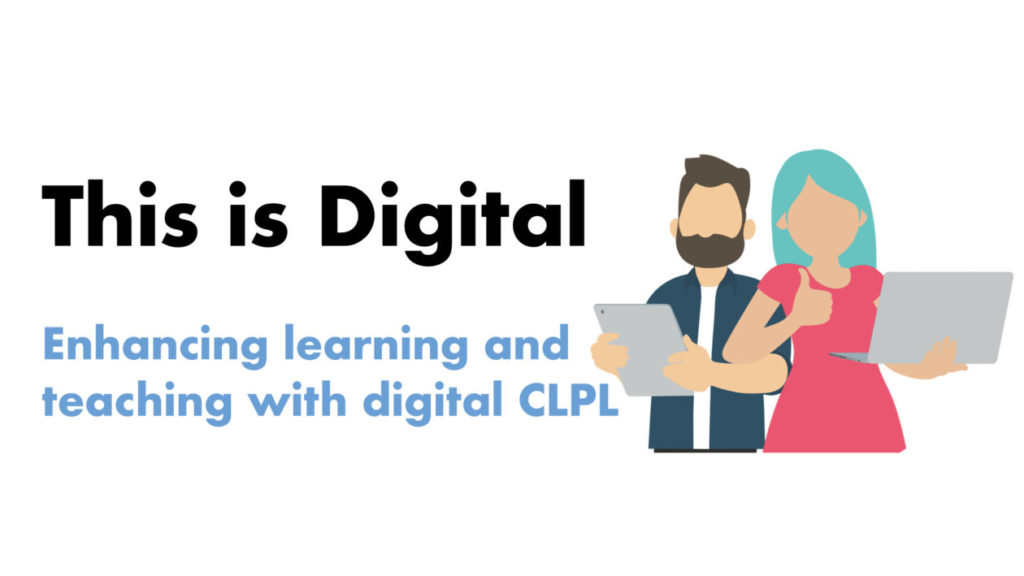
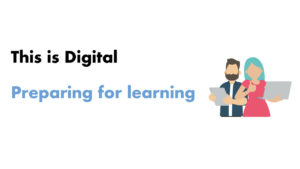
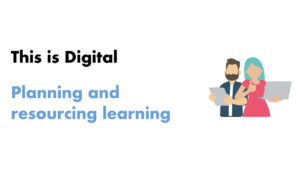
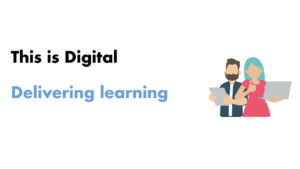
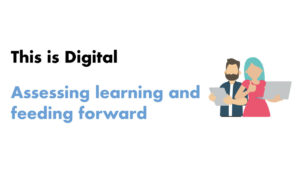




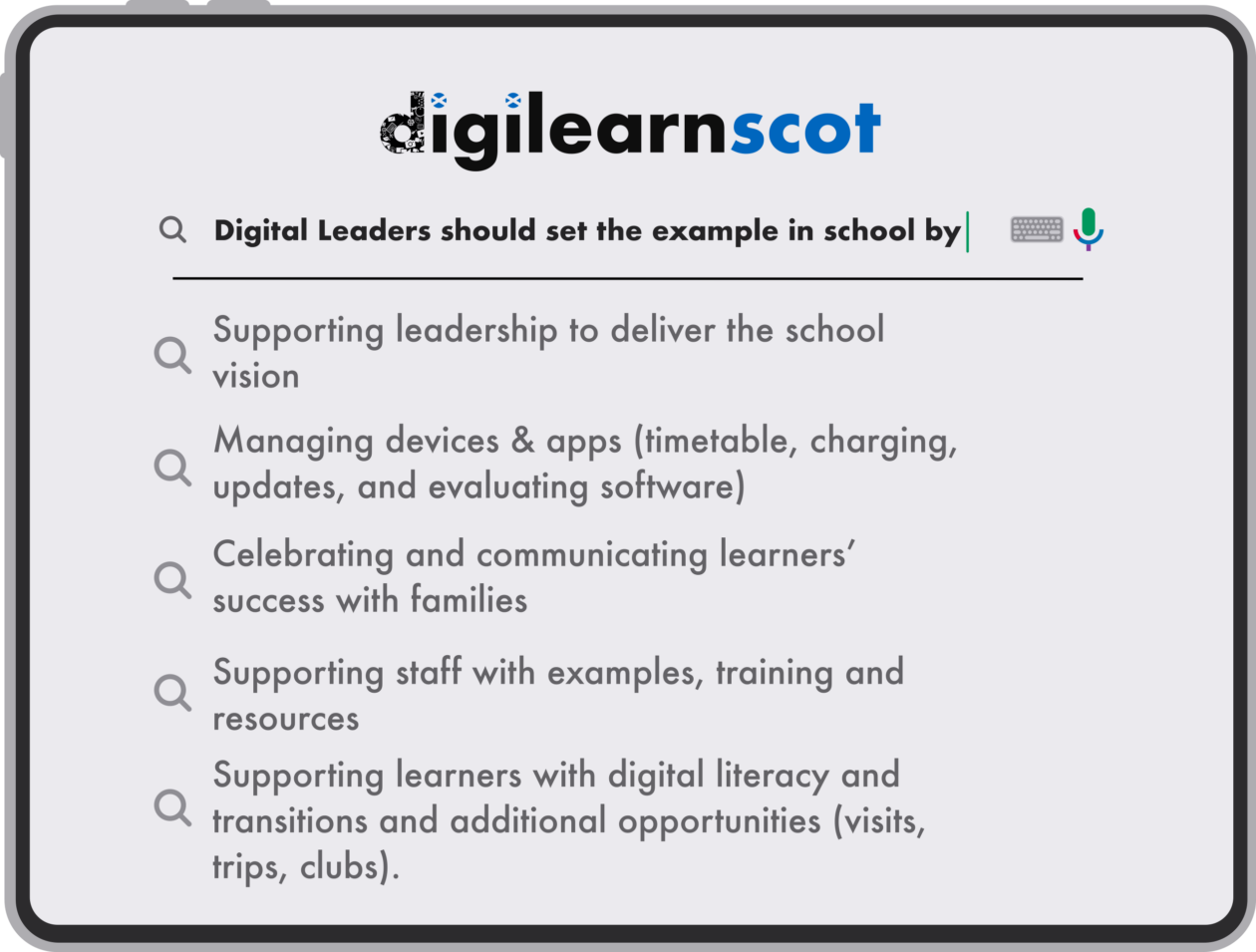
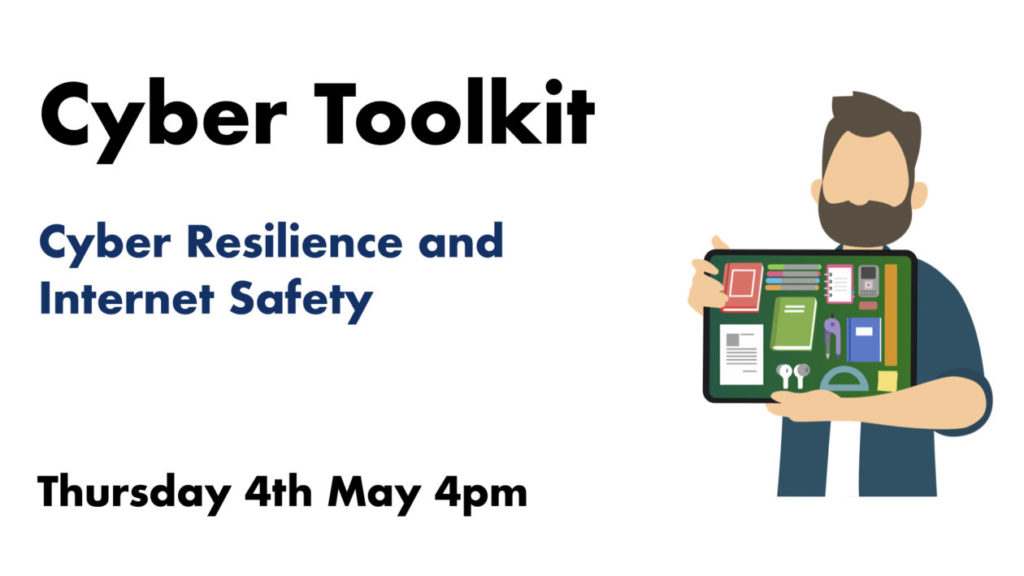
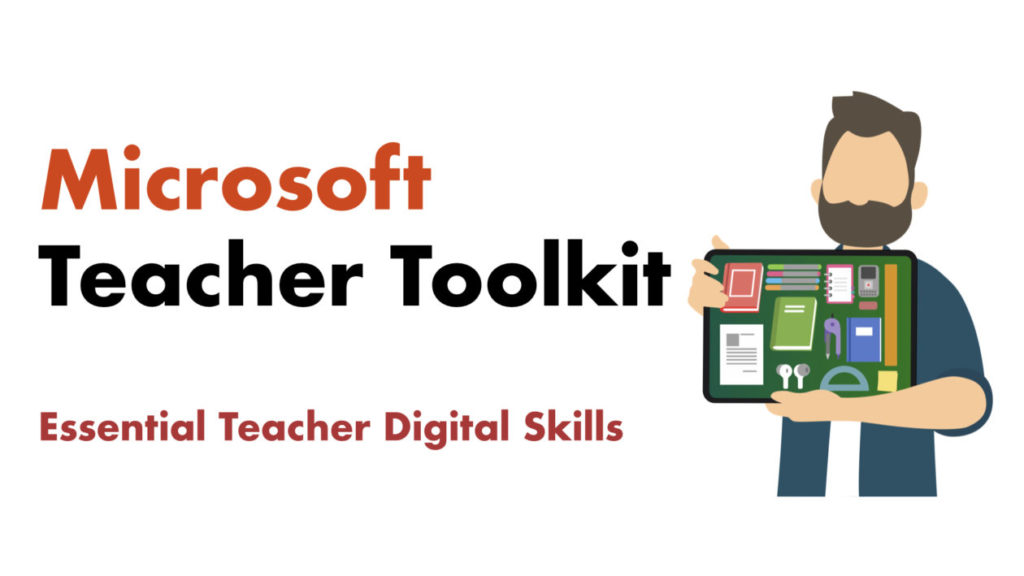
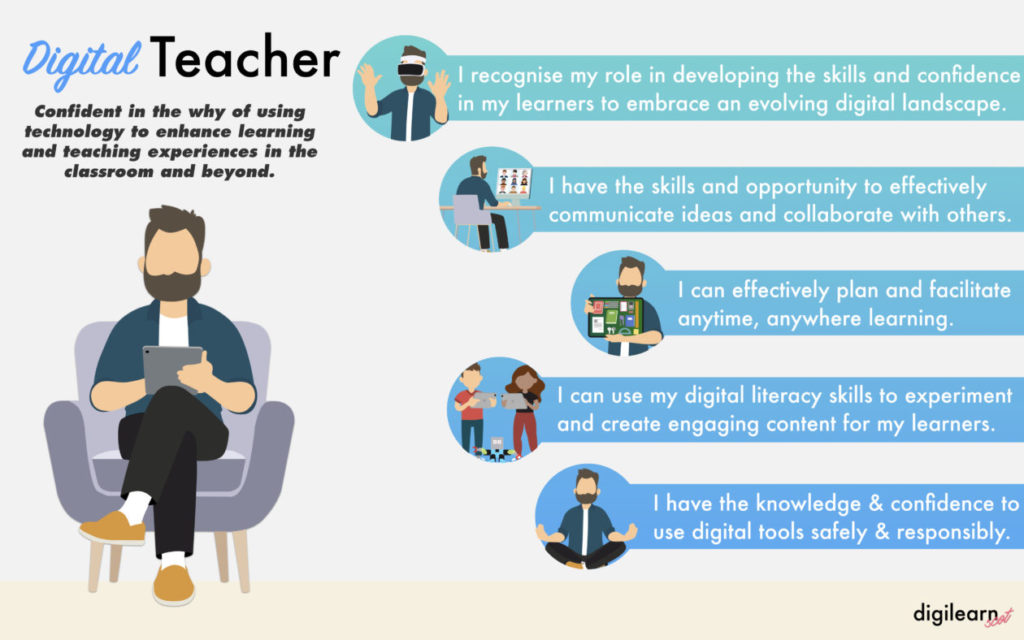
 Loading…
Loading…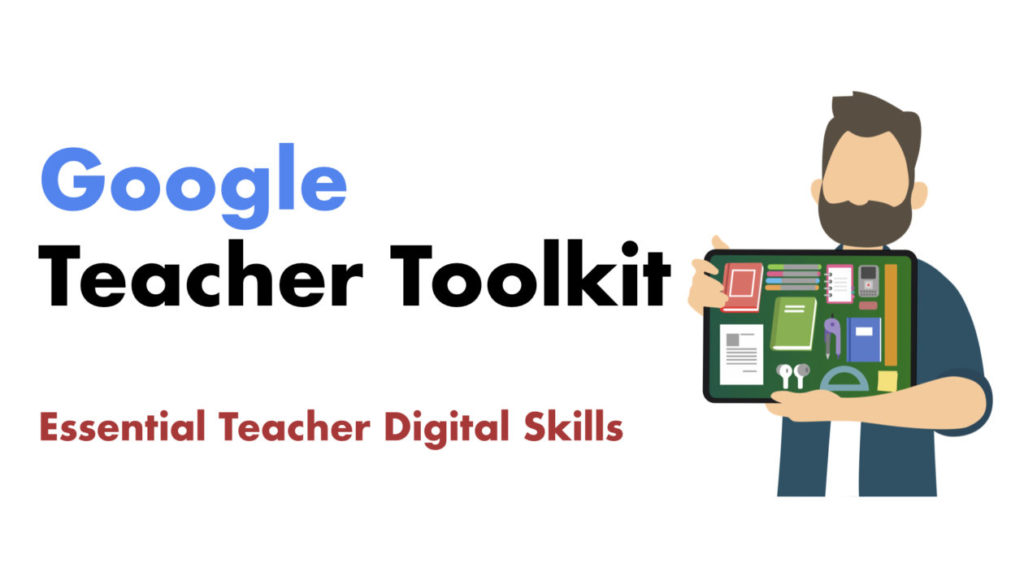
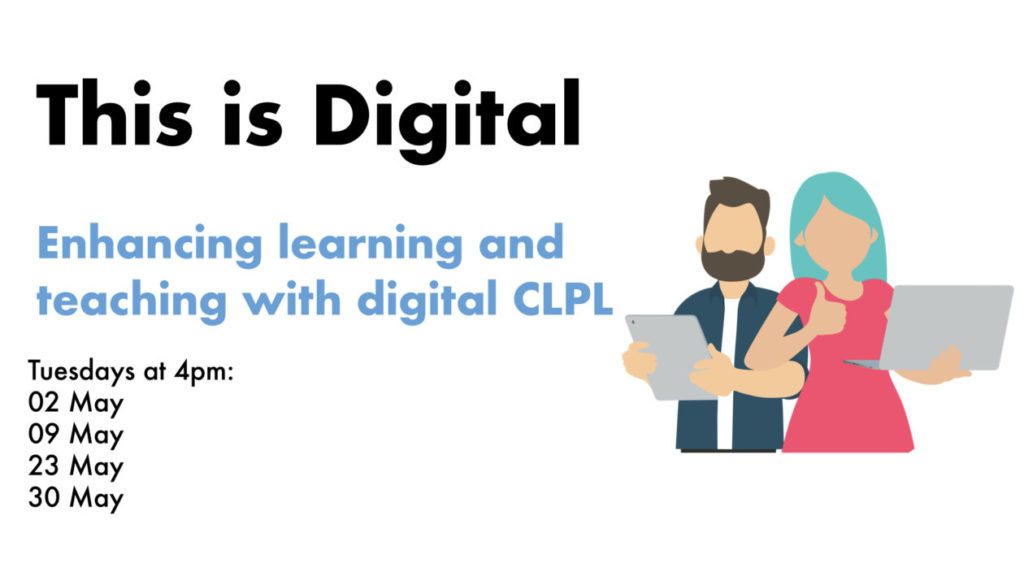

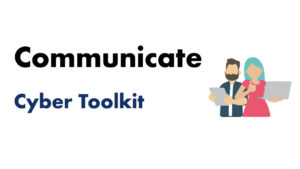







You must be logged in to post a comment.